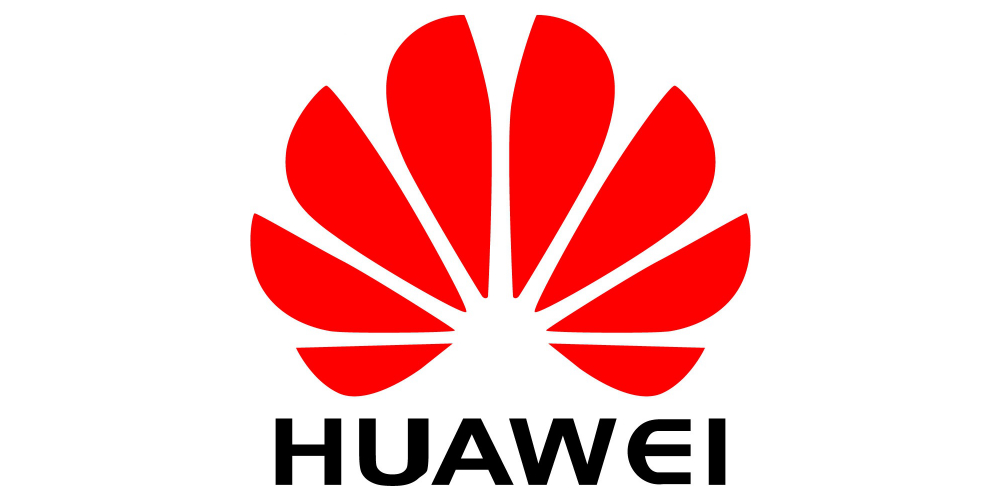Commerce Expands Huawei Restrictions
Said it is in response to efforts to circumvent export controls

The smarter way to stay on top of the multichannel video marketplace. Sign up below.
You are now subscribed
Your newsletter sign-up was successful
The Commerce Department has added more restrictions on Chinese telecom equipment supplier Huawei's access to U.S. technology and modified its list of other suspect entities who need special export licenses to square with those new Huawei restrictions.
The Department's Bureau of Industry Security (BIS) also put another 38 Huawei affiliates* on its Entity List.
Huawei has been on the BIS Entity List since 2019, meaning companies that wanted to export U.S. tech to Huawei had to get a license. But Commerce said Huawei has been undermining that restriction.
Related: Huawei Opposes FCC Rip-and-Replace
"These actions, effective immediately, prevent Huawei’s attempts to circumvent U.S. export controls to obtain electronic components developed or produced using U.S. technology," said Commerce in unveiling the further restrictions.
The newest restrictions follow ones imposed in May after Commerce said Huawei was undermining the national security and public policy goals of the Entity List.
But bureau also concurrently revised the Entity List to require a license when any suspect entity acts as a purchaser, intermediate consignee, ultimate consignee, or end user.
The smarter way to stay on top of the multichannel video marketplace. Sign up below.
Commerce also announced that after giving it a number of extensions to provide an off ramp for U.S. suppliers, Huawei's temporary general license (TGL) to allow it to continue to access U.S. chips has now expired.
Related: FCC Flags More Chinese Telecoms
Commerce had already banned U.S. chip imports to Huawei, but in May extended that to chipsets that are the product of certain manufacturing equipment out side the U.S. if it is clear their ultimate destination is Huawei or any of its affiliates on the Entity List.
The announcement Monday (Aug. 17) is intended to head off circumvention by making clear the ban applies "1) where U.S. software or technology is the basis for a foreign-produced item that will be incorporated into, or will be used in the 'production' or 'development' of any 'part,' 'component,' or 'equipment' produced, purchased, or ordered by any Huawei entity on the Entity List; or 2) when any Huawei entity on the Entity List is a party to such a transaction, such as a 'purchaser,' 'intermediate consignee,' 'ultimate consignee,' or 'end-user.'
Related: Huawei Contract Ban Still Work in Progress
“Huawei and its foreign affiliates have extended their efforts to obtain advanced semiconductors developed or produced from U.S. software and technology in order to fulfill the policy objectives of the Chinese Communist Party,” said Commerce Secretary Wilbur Ross in a statement. “As we have restricted its access to U.S. technology, Huawei and its affiliates have worked through third parties to harness U.S. technology in a manner that undermines U.S. national security and foreign policy interests. This multi-pronged action demonstrates our continuing commitment to impede Huawei’s ability to do so.”
Separately, Congress and the FCC have teamed up to ban broadband subsidies to any carrier using Huawei tech to build out their networks and are coming up with a framework, and money, to rip and replace tech already in place. Congress has also passed a law preventing any government contracting money to be spent on Huawei tech.
* The additions to the Entity list are Huawei Cloud Computing Technology; Huawei Cloud Beijing; Huawei Cloud Dalian; Huawei Cloud Guangzhou; Huawei Cloud Guiyang; Huawei Cloud Hong Kong; Huawei Cloud Shanghai; Huawei Cloud Shenzhen; Huawei OpenLab Suzhou; Wulanchabu Huawei Cloud Computing Technology; Huawei Cloud Argentina; Huawei Cloud Brazil; Huawei Cloud Chile; Huawei OpenLab Cairo; Huawei Cloud France; Huawei OpenLab Paris; Huawei Cloud Berlin; Huawei OpenLab Munich; Huawei Technologies Dusseldorf GmbH; Huawei OpenLab Delhi; Toga Networks; Huawei Cloud Mexico; Huawei OpenLab Mexico City; Huawei Technologies Morocco; Huawei Cloud Netherlands; Huawei Cloud Peru; Huawei Cloud Russia; Huawei OpenLab Moscow; Huawei Cloud Singapore; Huawei OpenLab Singapore; Huawei Cloud South Africa; Huawei OpenLab Johannesburg; Huawei Cloud Switzerland; Huawei Cloud Thailand; Huawei OpenLab Bangkok; Huawei OpenLab Istanbul; Huawei OpenLab Dubai; and Huawei Technologies R&D UK.
Contributing editor John Eggerton has been an editor and/or writer on media regulation, legislation and policy for over four decades, including covering the FCC, FTC, Congress, the major media trade associations, and the federal courts. In addition to Multichannel News and Broadcasting + Cable, his work has appeared in Radio World, TV Technology, TV Fax, This Week in Consumer Electronics, Variety and the Encyclopedia Britannica.

